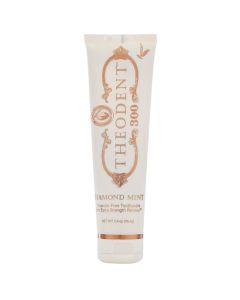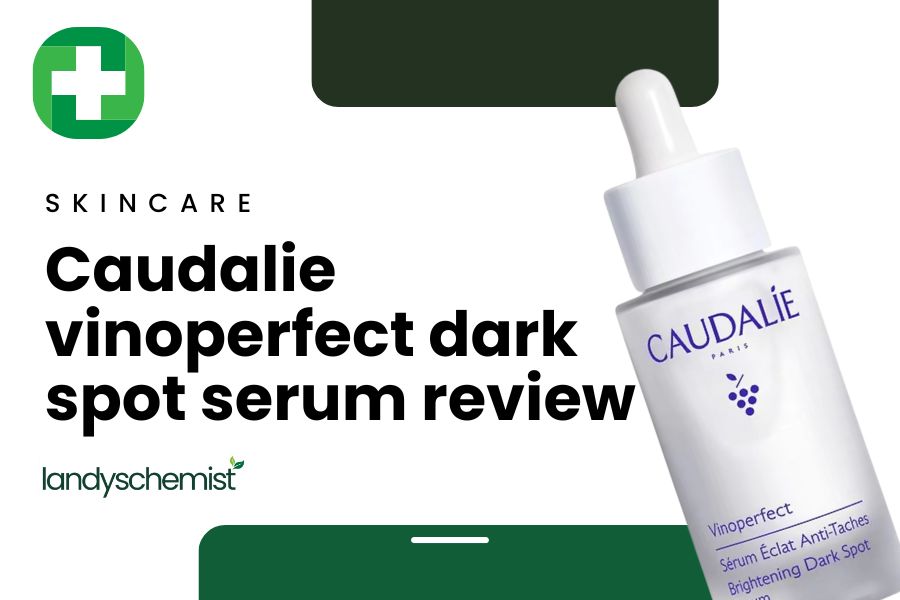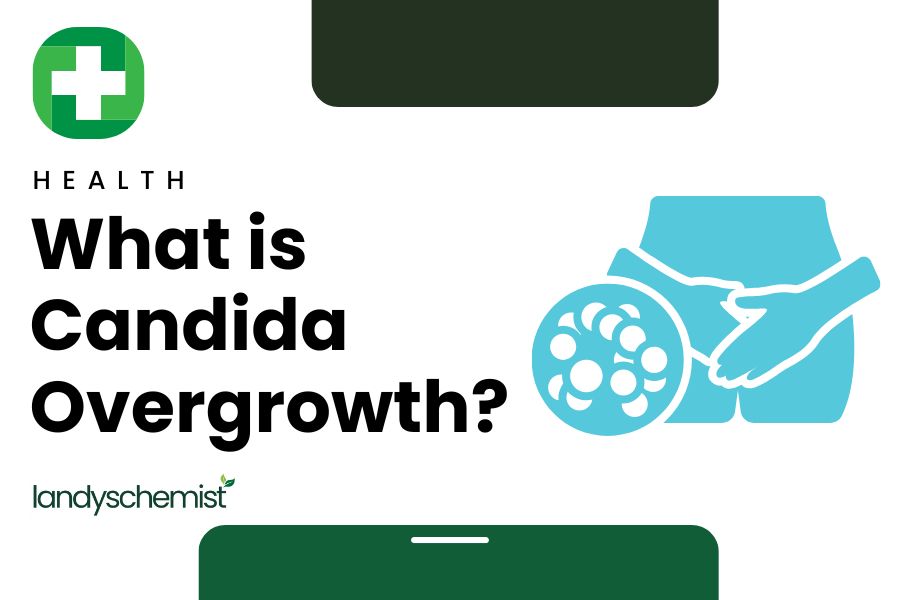
Do Whitening Toothpastes Really Work?
Pearly white smiles abound on TV, in film and in advertisements, prompting many to seek out ways to whiten their teeth – without having to get expensive cosmetic dentistry. Whitening toothpastes are often the first step, but do they really work?
To better understand the uses and effectiveness of whitening toothpastes, we take a look at how they are supposed to work, the ingredients they use, and answer some FAQs.
What are whitening toothpastes?
Whitening toothpastes aim to remove surface stains from your teeth, using ingredients that are stronger and coarser than those included in regular toothpaste.
How do whitening toothpastes work?
Whitening toothpastes use a combination of methods to target the enamel of your teeth and clean more deeply than regular toothpastes. Regular cleaning will remove bits of food and mild staining from some foods. Whitening toothpastes have been made to clean beyond the surface in order to help remove deeper stains from richer, darker foods and drinks.
The ingredients and methods used by whitening toothpastes
There are a few ways in which whitening toothpastes try to make your teeth look whiter, each of which utilises different ingredients to achieve an overall whitening effect:
- Blue-toned brighteners to make teeth appear whiter – The chemical blue covarine is used by some whitening toothpastes because it covers the surface of the teeth in such a way that it makes teeth appear whiter. It's an optical illusion since your teeth aren't actually whiter, and it fades over time. Toothpastes that claim to offer 'instant brightness' are often referring to the effect of blue covarine.
- Buffing with small scrubbing agents to remove stains – By including more abrasive ingredients, such as silica or activated charcoal, whitening toothpastes aim to clean more deeply and buff away the stains on your teeth.
- Bleaching chemicals that lighten stains – Chemicals like hydrogen peroxide or carbamide peroxide have a bleaching effect on teeth. Whitening toothpastes utilise them to lighten the colour of the stains on your teeth, making them whiter.
Do whitening toothpastes work?
Whitening toothpastes can make your teeth appear whiter. They won't really change the colour of your teeth and achieving a movie-white look is beyond the capabilities of any single toothpaste, but if you want to remove light stains and get a pearly glow, whitening toothpastes can help.
Whitening toothpastes can't remove deeply ingrained stains in your teeth or radically transform the colour of your teeth. So when using them, be aware of the limited possible results.
How long do whitening toothpastes take to work?
This will differ slightly depending on the ingredient combination of the whitening toothpaste. Whitening toothpastes with blue covarine will appear whiter immediately after use. For all the other buffing and chemical effects, if used twice a day, you can expect an overall whitening effect within 2 to 6 weeks.
Are whitening toothpastes safe?
Yes. Whitening toothpastes have to adhere to strict EU regulations safety guidelines that ensure they are safe to use.
However, the chemical and abrasive agents used in whitening toothpastes, when used for prolonged periods of time, can wear away the enamel of your teeth, which can lead to sensitivity and other issues.
Best whitening toothpastes
There are a lot of whitening toothpastes on the market. Depending on how concerned you are about your teeth colour, or how much you are trying to combat staining, you may find certain whitening toothpastes work better for your needs than others. If you don't know which whitening toothpaste to choose first, we recommend these:
Answering FAQs about whitening toothpastes
There are a few common queries people ask about when using whitening toothpastes, and we wanted to include some short answers here to help you understand the potential impact of using a whitening toothpaste.
Can whitening toothpastes cause sensitivity?
Yes, whitening toothpastes can cause an increase in tooth and gum sensitivity. In particular if used over a long period of time, or if your teeth are already damaged from grinding. Before using whitening toothpaste it is recommended you speak to your dentist about your oral health.
Can whitening toothpaste cause dry mouth?
Toothpaste can contribute to dry mouth, specifically if you already have issues with saliva production or are taking medication that has the side effect of causing dry mouth. Toothpastes, whitening or non, that contain Sodium lauryl sulfate (SLS) will make dry mouth worse, so you are best off choosing a toothpaste that uses a minimal amount. Speak to your GP or dentist about toothpaste options if you are dealing with dry mouth.





